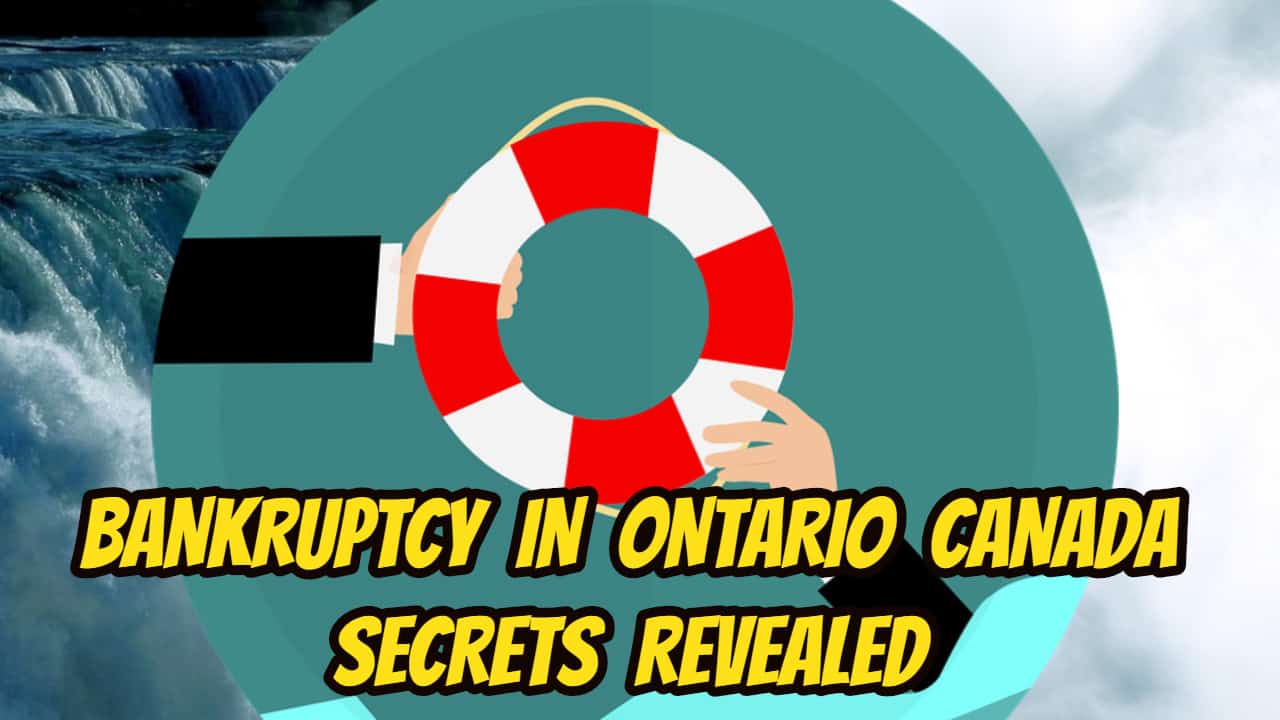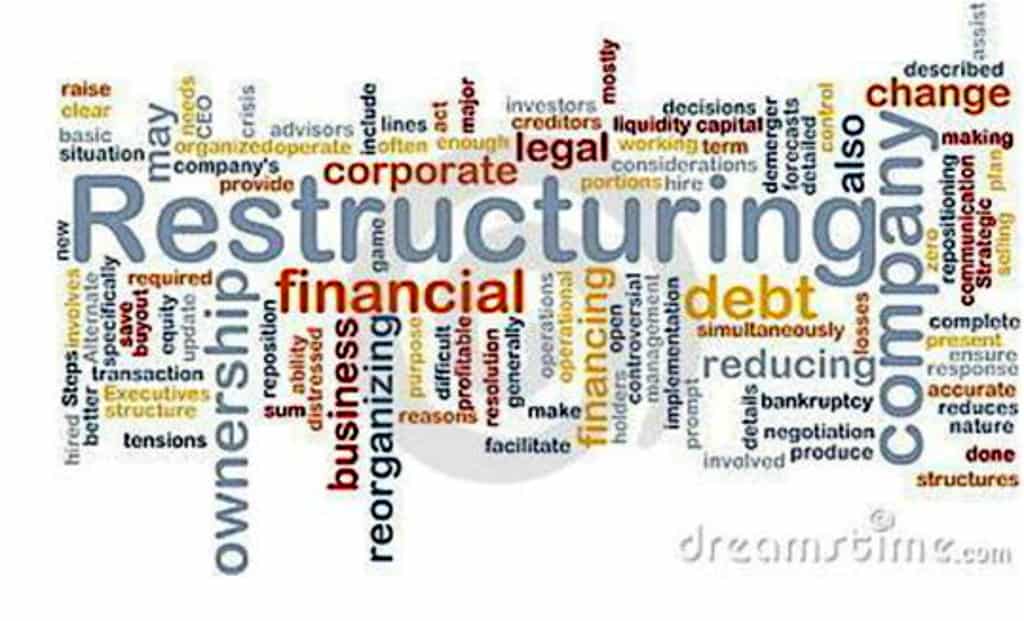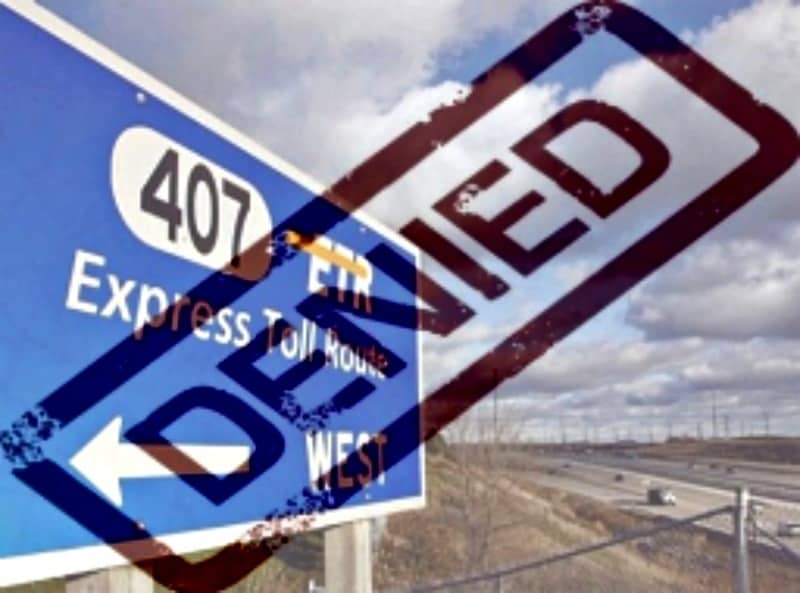[monkeytools msnip=”https://monkeyplayr.com/playr.php?u=5173&p=20475″]
If you would like a free copy of our eBook:
12 THINGS A LICENSED INSOLVENCY TRUSTEE MAY NOT TELL YOU!
PLEASE CLICK HERE
Why won’t they tell me?
It is not the case that any licensed insolvency trustee purposely won’t tell you everything you need to know. It is just that in all walks of life, some people explain things better than others. Some take more time and care, some are better equipped to explain technical matters in plain English to the layperson and sometimes, like Ira Smith, you might have a senior moment!
So the purpose of this video is to educate the stressed-out person who is facing financial challenges, and who has an appointment to see a licensed insolvency trustee, to give you a checklist of important questions you should ask, so that you walk out of the first meeting with all the information you need to make an educated, informed decision. So, here is our checklist.
12 questions you must ask the Licensed Insolvency Trustee, to get the information you need
- Is my first consultation free and how long do I get to meet with the Licensed Insolvency Trustee?
- Do you have the necessary qualifications, how many cases like mine have you done before and do you go to Court also or do I have to hire a lawyer to do so?
- Is bankruptcy right for me and is it my only option?
- Are there other options to avoid bankruptcy?
- How much will it cost me?
- Will I be dealing with the actual licensee ultimately responsible to the Office of the Superintendent of Bankruptcy for my file or only one of his or her clerks once I enter my insolvency process with you?
- How did I feel after meeting the people at their office after my first consultation?
- Do you practice exclusively in the bankruptcy/insolvency area?
- Do you have experience in only personal insolvency matters, only corporate insolvency matters, or both?
- Do you have enough experience and the time to handle my matter?
- Will you communicate in a timely manner with me throughout?
- So how does this process really work and who do you really work for and what difference does it make?
We hope that you found this checklist useful.
Is this checklist everything the layperson needs to know?
When developing this vlog a while back, we started thinking about all the other things that the honest but unfortunate stressed out person in financial trouble needs to know. We looked around for an appropriate book on Canadian personal insolvency but, we couldn’t find one! We found many resources for lawyers, professional trustees and academics, but nothing for the person in financial trouble. So, we just kept writing and writing, and this ended up in an eBook titled:
FREE OFFER FROM IRA SMITH TRUSTEE & RECEIVER INC., A LICENSED INSOLVENCY TRUSTEE
So here is our offer to you. If you would like to receive a complimentary copy of our new eBook which has just been listed on Amazon.com, please subscribe to our blog email list in the form provided on this vlog. We have already sent to all of our subscribers an email with information as to how to get access to their free copy. By clicking on the above link and subscribing to our Brandon’s Blog, you can get one too. No one will ask you for a credit card, PayPal, or any other form of payment. This offer is limited and available only to our blog subscribers as our way of saying thank you.
What should you do if you have too much debt?
Call us today. If you or your company is trapped in high debt, you need the Ira Smith Team to help you manage the situation before it reaches a critical stage where bankruptcy or receivership is your only option. We have been able to help many people and companies carry out successful debt settlement programs or corporate restructuring and turnarounds. It all began with a first consultation. The first step is a realistic cash-flow budget.
We know full well the discomfort and tension excessive debt can create. We can help you to eliminate that pain and address your financial issues supplying timely, realistic and easy to implement action steps in finding the optimal strategy created just for you.
Call Ira Smith Trustee & Receiver Inc. today. Make a free appointment to visit with one of the Ira Smith Team for a totally free, no-obligation assessment. You can be on your path to a carefree life Starting Over, Starting Now. Give us a call today so that we can help you return to an anxiety-free and pain-free life, Starting Over, Starting Now.
Successful completion of such a program will free you from the burden of your financial challenges to go on to live a productive, stress-free, financially sound life, Starting Over, Starting Now.


 The television air waves are clogged with real estate reality shows – buying properties, selling properties, real estate flipping properties, renovating properties, income properties… There’s a real estate show that demonstrates every facet of the business and it all looks very simple. But I’m pretty sure that not one real estate reality show told you that real estate flipping when purchasing from a
The television air waves are clogged with real estate reality shows – buying properties, selling properties, real estate flipping properties, renovating properties, income properties… There’s a real estate show that demonstrates every facet of the business and it all looks very simple. But I’m pretty sure that not one real estate reality show told you that real estate flipping when purchasing from a  Many Canadians must not follow a household budget. Canada has a lot to be proud of, but not the dubious honour of being a world leader in
Many Canadians must not follow a household budget. Canada has a lot to be proud of, but not the dubious honour of being a world leader in 

 Which industries may require corporate bankruptcy services in 2016?
Which industries may require corporate bankruptcy services in 2016? Medical debts? Don’t we have free healthcare?
Medical debts? Don’t we have free healthcare?
